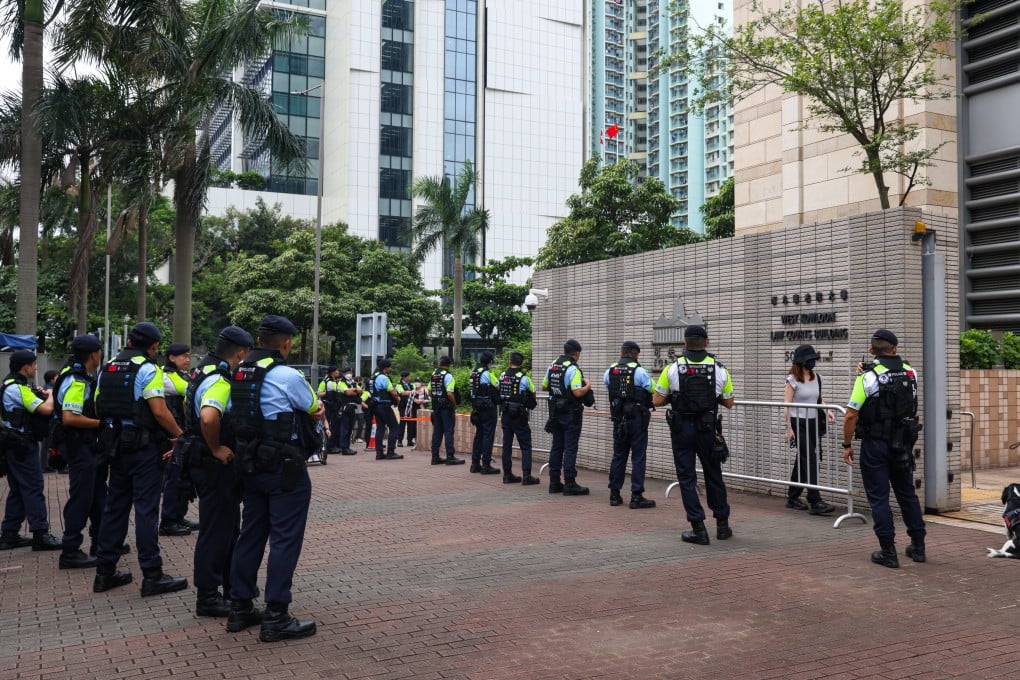Hong Kong 47: lawyer creates stir by suggesting court looks to mainland China legal precedent
- City’s national security law and mainland’s criminal code are enacted by the same legislative body, defence counsel Cheung Yiu-leung says

A lawyer seeking leniency for one of 45 Hong Kong opposition figures convicted of conspiracy to subvert state power has raised eyebrows by suggesting that judges sentence them by referring to mainland China court precedents.
The second session of mitigation proceedings in the city’s largest national security trial began at West Kowloon Court on Tuesday, with six former district councillors pleading for lighter punishments.
The defendants highlighted that their roles were limited and that the conspiracy, linked to a 2020 unofficial legislative “primary” election, had never come to fruition.
Defence counsel Cheung Yiu-leung, representing Clarisse Yeung Suet-ying, said the three presiding High Court judges could refer to mainland legal authorities in sentencing.
He explained that both the city’s national security law and the mainland criminal code were enacted by the same legislative body, the National People’s Congress, even though the latter was not binding in local courts.
